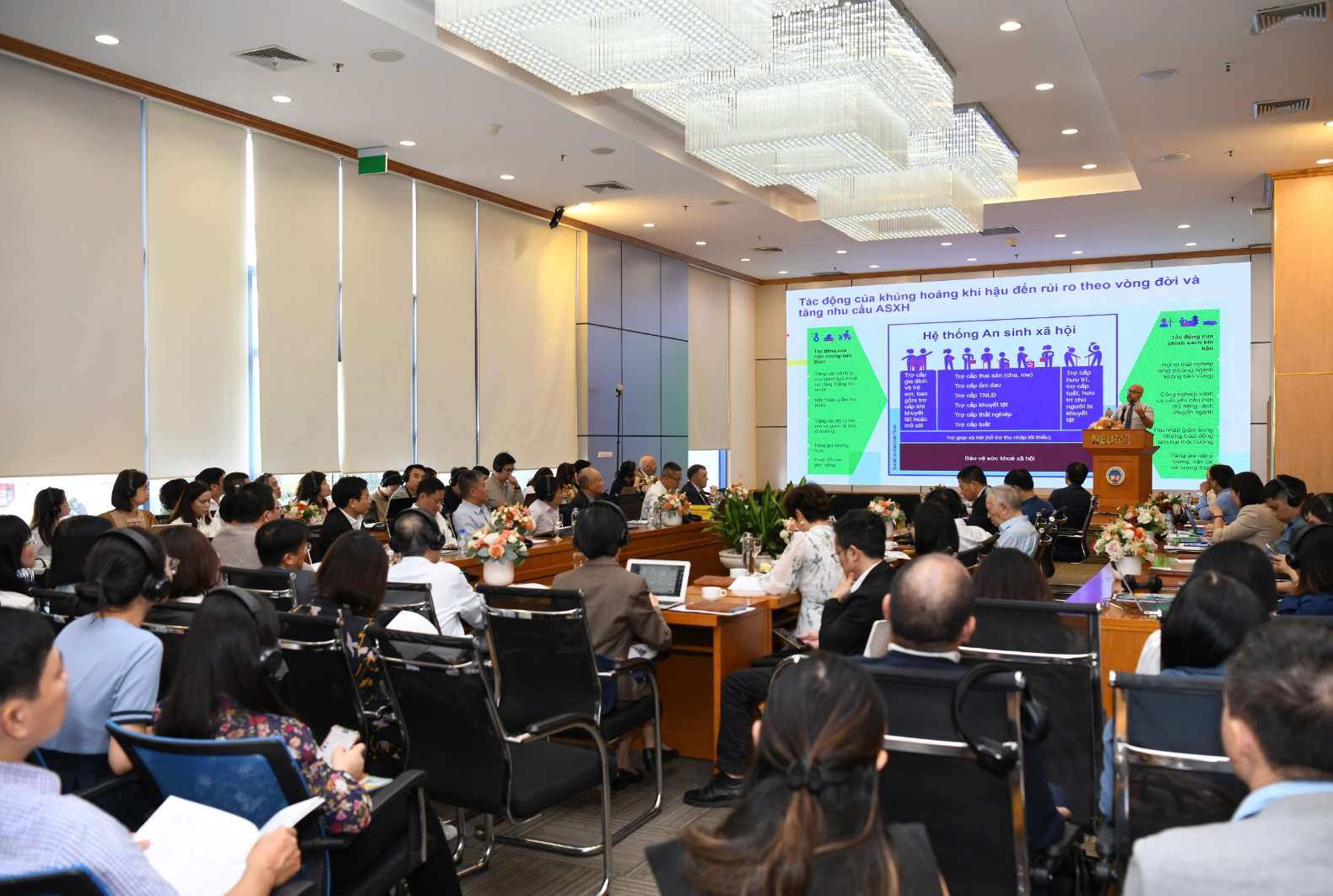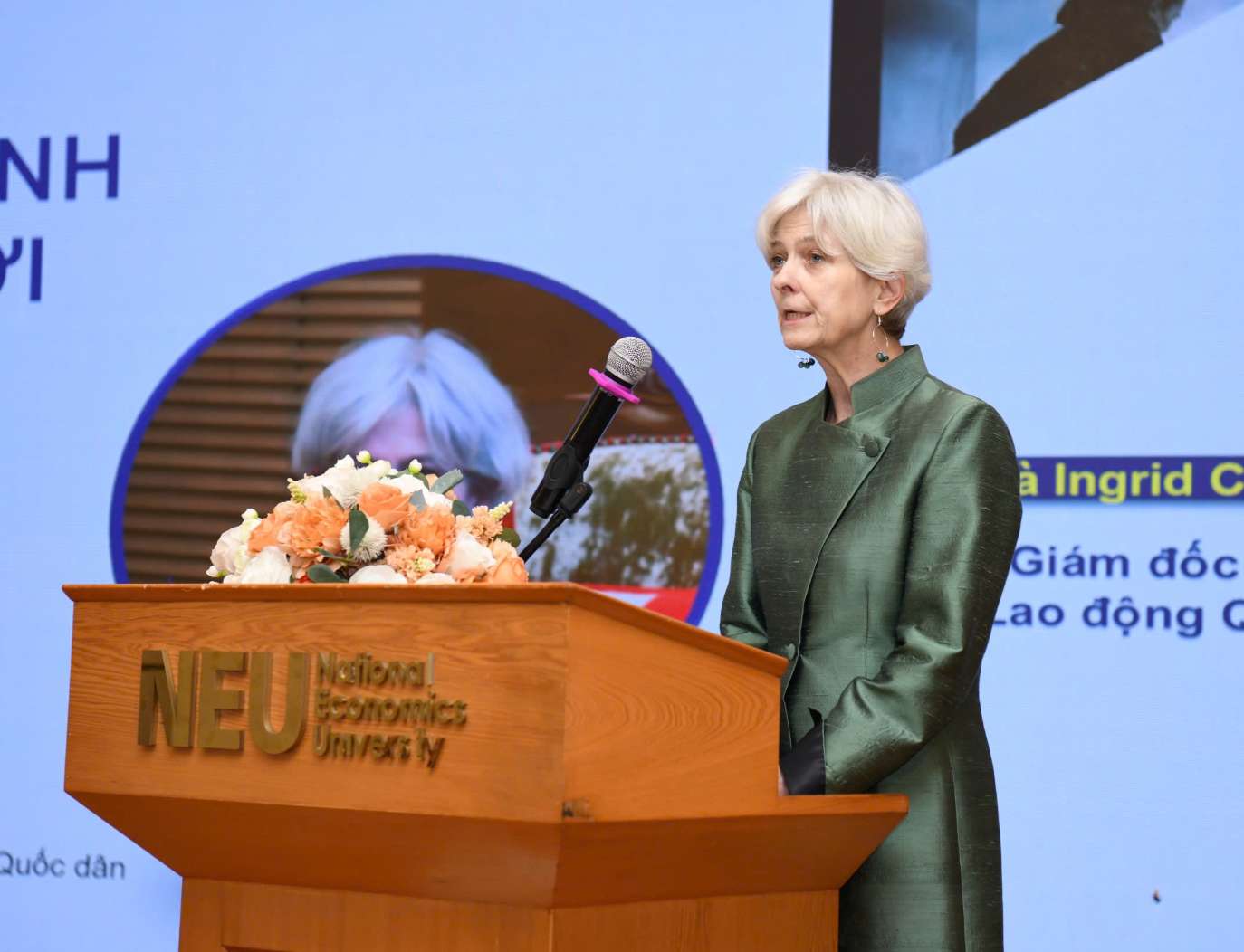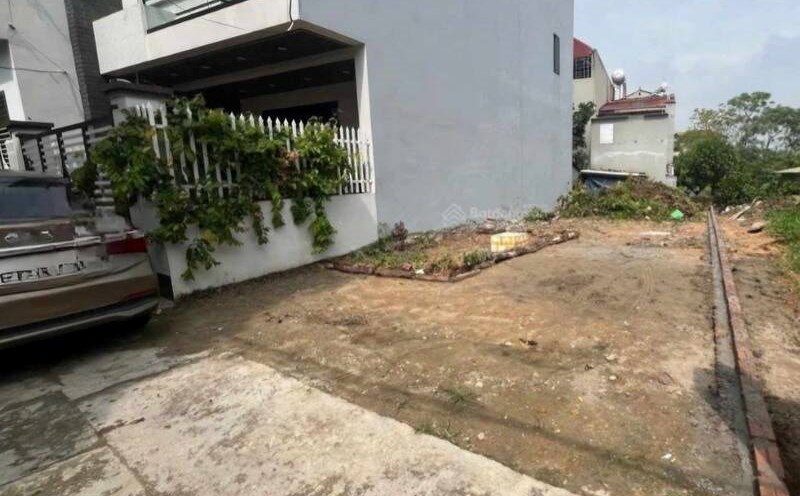Expanding social security coverage
On October 30, in Hanoi, the National Economics University in collaboration with the International Labor Organization (ILO) organized the introduction of the "World Social Security Report 2024-2026".
Speaking at the introduction, Prof. Dr. Pham Hong Chuong - President of the National Economics University - said that in recent years, the Vietnamese Government has made more important steps to create the foundation for gradually expanding the coverage of social security.

This is clearly shown in Resolution 28-NQ/TW (2018) on Social Insurance Policy Reform; Resolution 42-NQ/TW (2023) on Social Policy Innovation, amending the Law on Social Insurance (2024) and is amending the Law on Health Insurance and the Law on Employment.
These changes bring Vietnam closer to achieving the Sustainable Development Goals (SDGs), in line with International Labor Standards (ILS) and international best practices.
According to the ILO report, the coverage of social security in the world in general, in the Asia-Pacific region as well as in Vietnam is changing positively. In particular, the necessary requirements to address the impacts of climate change further demonstrate the need to comprehensively improve the social security system. Not only ensuring fairness, social security is an effective tool to reduce poverty, helping the poor and vulnerable people to withstand the impacts of natural disasters, climate change and poverty.

Need to reform social security policy more strongly
The ILO World Social Security Report 2024-2026 also shows that there are still many challenges to extending social protection to all people, for example, the large informal labor market and rapid population aging in middle-income conditions.
In particular, in recent years, climate change has emerged as a major challenge. Vietnam is one of the countries most affected by climate change. This affects us all and is the most serious threat to social justice today.

According to Ms. Ingrid Christensen - Director of ILO Vietnam, the recent typhoons Yagi and Tra Mi have highlighted Vietnam's vulnerability to climate change and extreme weather events. Universal social security is the primary tool to ensure that the climate crisis does not exacerbate inequality and undermine economic growth and sustainable development. Therefore, it is necessary to immediately expand the existing social security system and promote universal social security.
To continue promoting universal social security in Vietnam, it is necessary to reform social security policies, ensuring that the social security policy system is consistent with International Labor Standards (ILS) and international best practices. It is necessary to rapidly expand coverage for workers, including informal sector workers, platform workers and migrant workers...
Prof. Dr. Giang Thanh Long - Senior Lecturer, National Economics University - also said that major trends are taking place strongly and there are many challenges to the social security system in Vietnam. The first orientation is to unify and harmonize social security policies and regimes. Currently, policies are fragmented and managed according to many different legal documents such as the Law on Social Insurance, the Law on Employment, the Law on the Elderly, the Law on Natural Disaster Prevention, etc.











